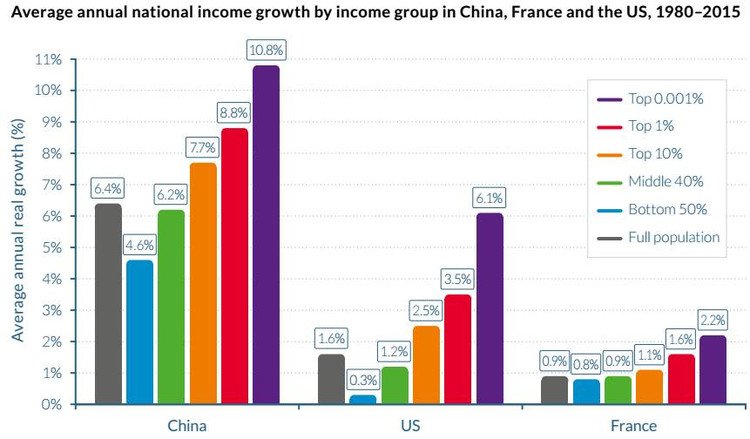The Chinese think Palo Alto is dumpy
Danny Crichton,TechCrunch 2 hours 41 minutes ago
The great Raw Water Story of 2017 is finally over.
Good news! The great
is finally over. Google tells me
, but thankfully, humans seem to have filtered out any more stories or follow ups. Silicon Valley can rest easy.
But wait! There is another crisis brewing, and it isn’t the animal fecal matter in your algae water.
Over the past few days, we’ve seen the creation of a brand new genre of tech press article which might be called “the Chinese are really bored with Silicon Valley.”
(My sources tell me the Albanians are also bored with the Valley, but no one apparently cares what they think these days. Albania is in Africa, right?).
Apparently, and this is true because
, Palo Alto looks kind of dumpy.
Color me as shocked as the green of this fungal H20. Dumpy? Have they
seen the Persian rug store on University?
As the Journal describes a group of Chinese founders visiting the Valley, “To many in the group, northern California’s low-rise buildings looked shabbier than the glitzy skyscrapers in Beijing and Shenzhen.” Finally, someone noticed.
But it wasn’t just the WSJ that got in on the action.
, which emphasized the growing financial opportunities and career options on the Chinese mainland compared to the U.S. From the article: “Yet the search for returnees has spurred a thriving cottage industry. In WeChat and Facebook cliques, headhunters and engineers from the diaspora exchange banter and animated gifs.”
Banter
and animated gifs. My god the Valley is screwed.
This whole trend piece genre is kind of weird, particularly in the context of the other Silicon Valley freakout this week, which was Mike Moritz’ editorial in the
Financial Times. Plus, Moritz and his “western eye” points out, the Chinese reuse teabags!
So basically, “The Chinese” living in Silicon Valley are sending animated gifs, bantering, and complaining about shabby Palo Alto buildings all the while dreaming of moving to Asia to reuse teabags and not see their children.
And people say journalism is dead.
Now, I am being flippant (if you hadn’t noticed, you might want to delete your angry tweet from a couple of paragraphs ago). There really is an important trend that people should be paying attention to when it comes to global worker mobility and particularly the mobility of Chinese tech workers.
But it is deeply amusing to me to see the fear of a brain drain in a region that has probably drained more brains from the rest of the world than any other place.
China has much to be proud of in its tech sector. The so-called BAT companies — Baidu, Alibaba, and Tencent — are together worth more than a trillion dollars today. Transportation services startup
, and news content platform
.
, second only to the United States.
The broader ecosystem is even more compelling.
and are starting to rival Silicon Valley levels. The number of startups is also huge, and China is probably home to more tech startups than all ecosystems but the Valley (and maybe the Valley, too, depending on how you count).
Plus, the government is putting its money where its mouth is. Back in 2008, the Chinese government launched the
to recruit 1,000 overseas researchers to the mainland. Those recruitment programs have expanded and continue unabated. Furthermore, the government has placed
, and will put billions of dollars to work in related industries.
In short, China together has some of the most interesting, fastest-growing technology companies in the world right now, and is also giving them the royal treatment. It is hardly surprising then that given the tremendous growth in its domestic startup ecosystem, overseas Chinese engineers would start to look back toward China for their next career steps.
For all of the concerns of the press that there is a new brain drain in Silicon Valley, I think we can rest easy. Despite Palo Alto’s shabby look, lack of mobile payments, and lack of face-recognition software, America still has many, many desirable qualities. It’s safe and clean. Corruption is reasonably rare. Universities are still the best in the world. The bureaucracy around running a business is reasonably simple and well-trodden. Freedom of speech and expression is also strong.
It’s important that America doesn’t rest on its laurels, but neither should we go into full crisis mode to change a system that has produced some of the most impactful companies in the world. Maybe a few more Chinese are leaving Silicon Valley these days. Maybe. That sounds like both a warning, and an opportunity to build and heal the tech divide between two great powers. Maybe both sides can drink some raw water from the Yangtze River.


